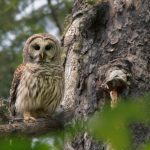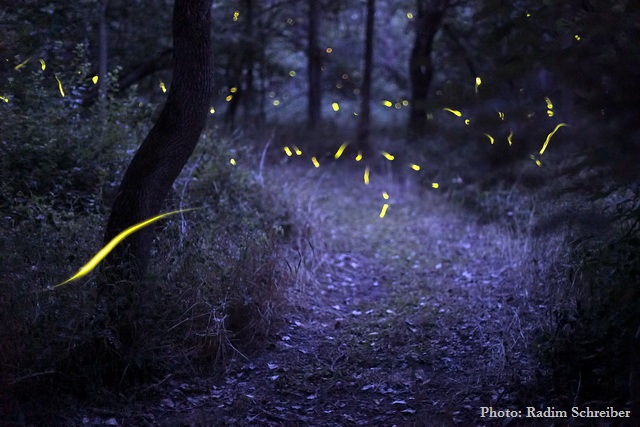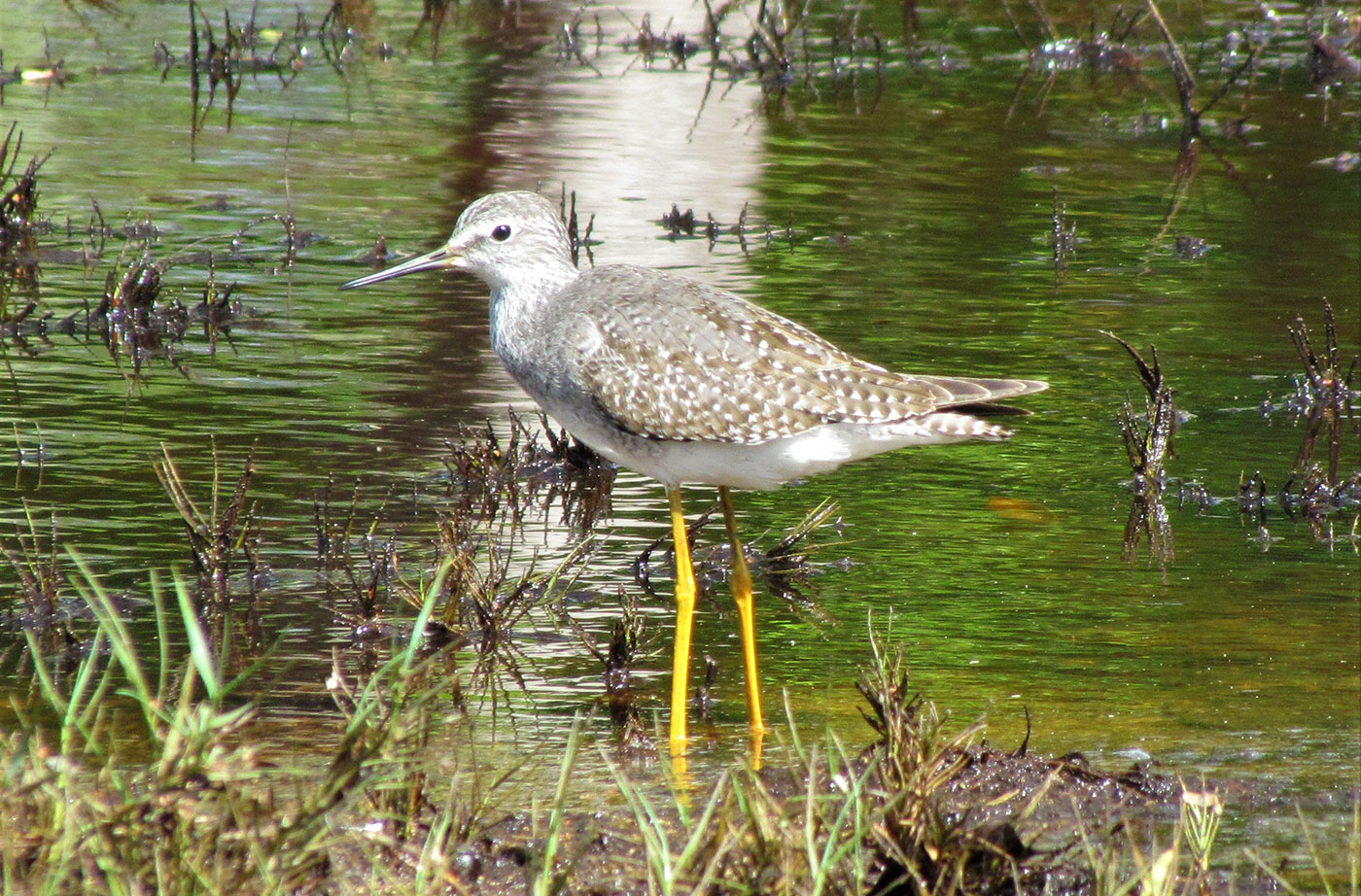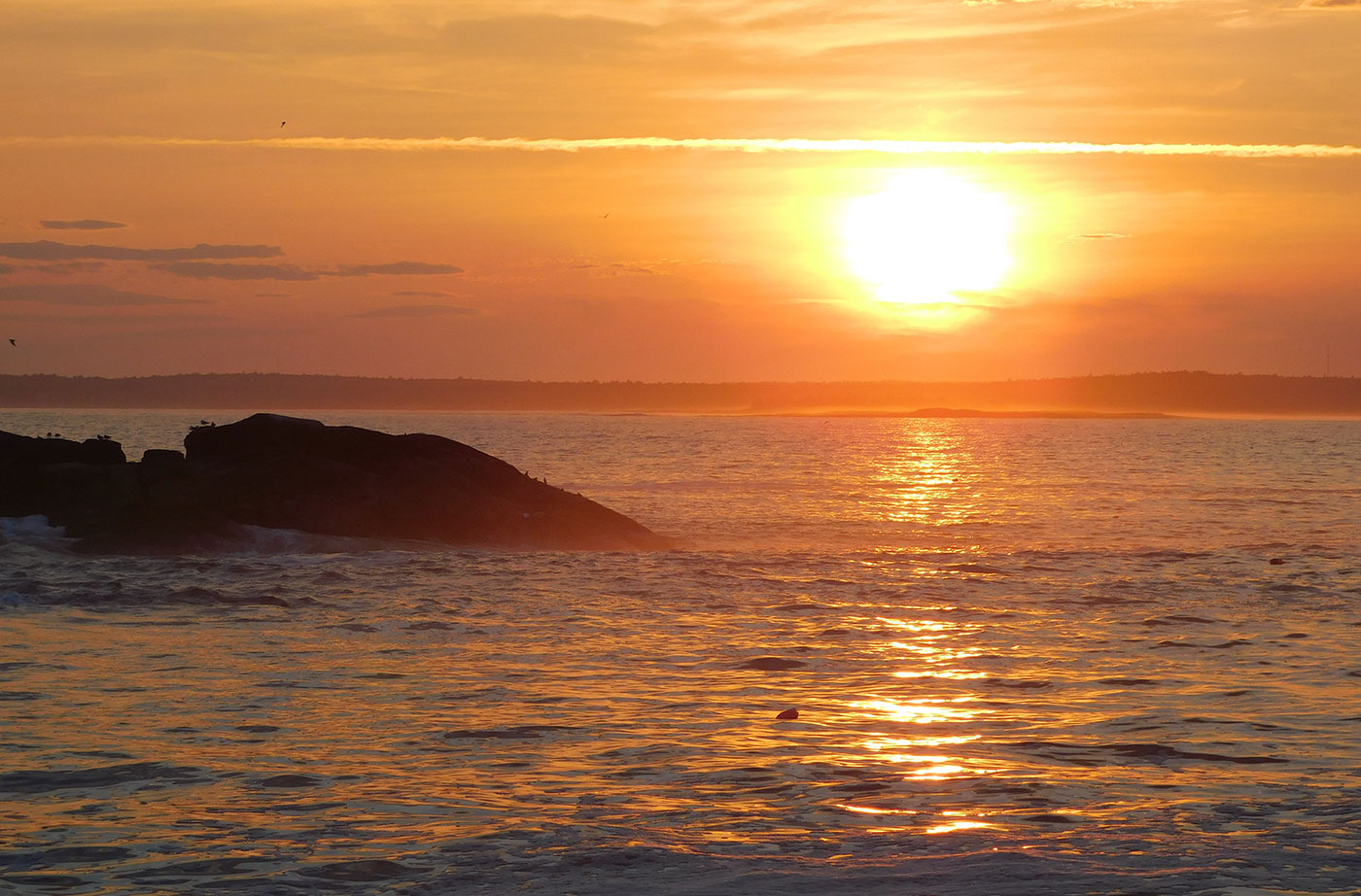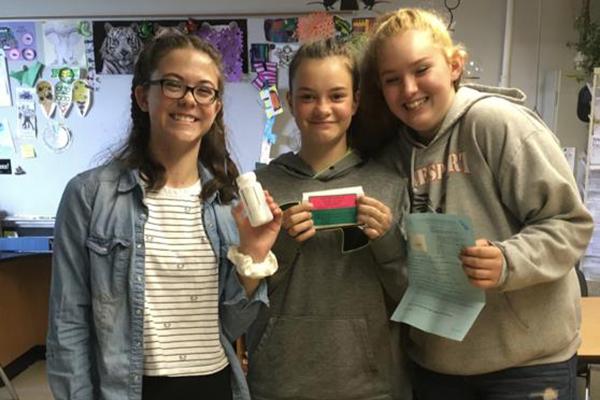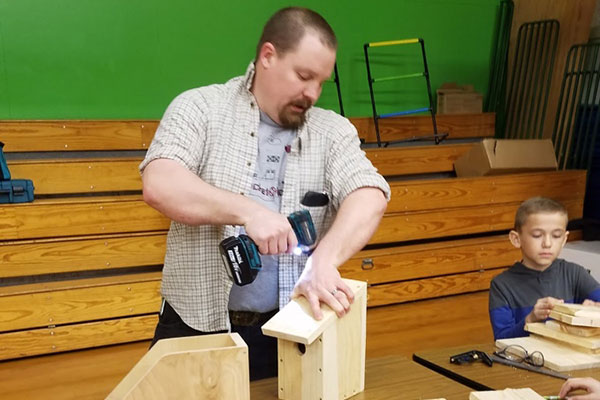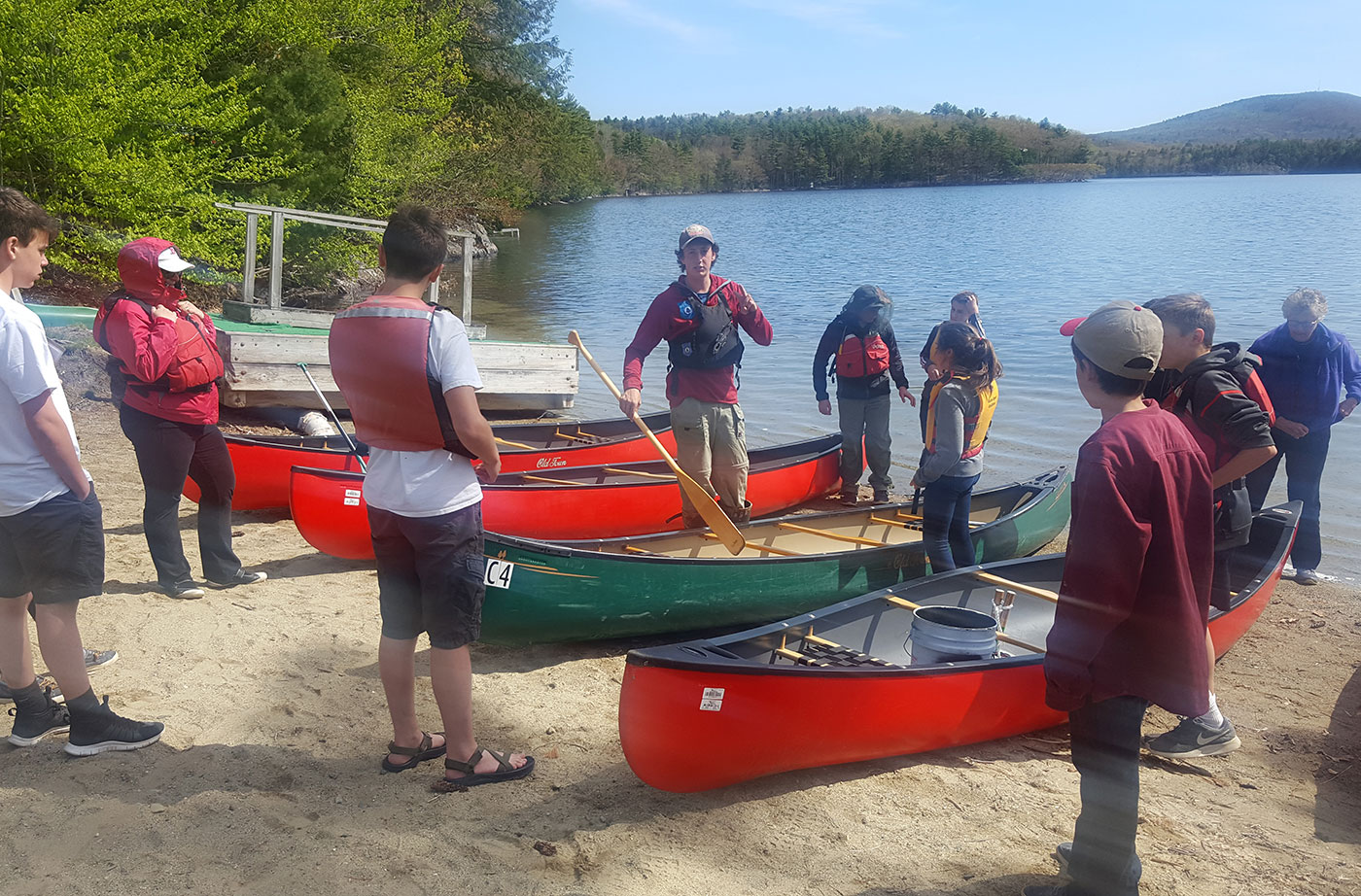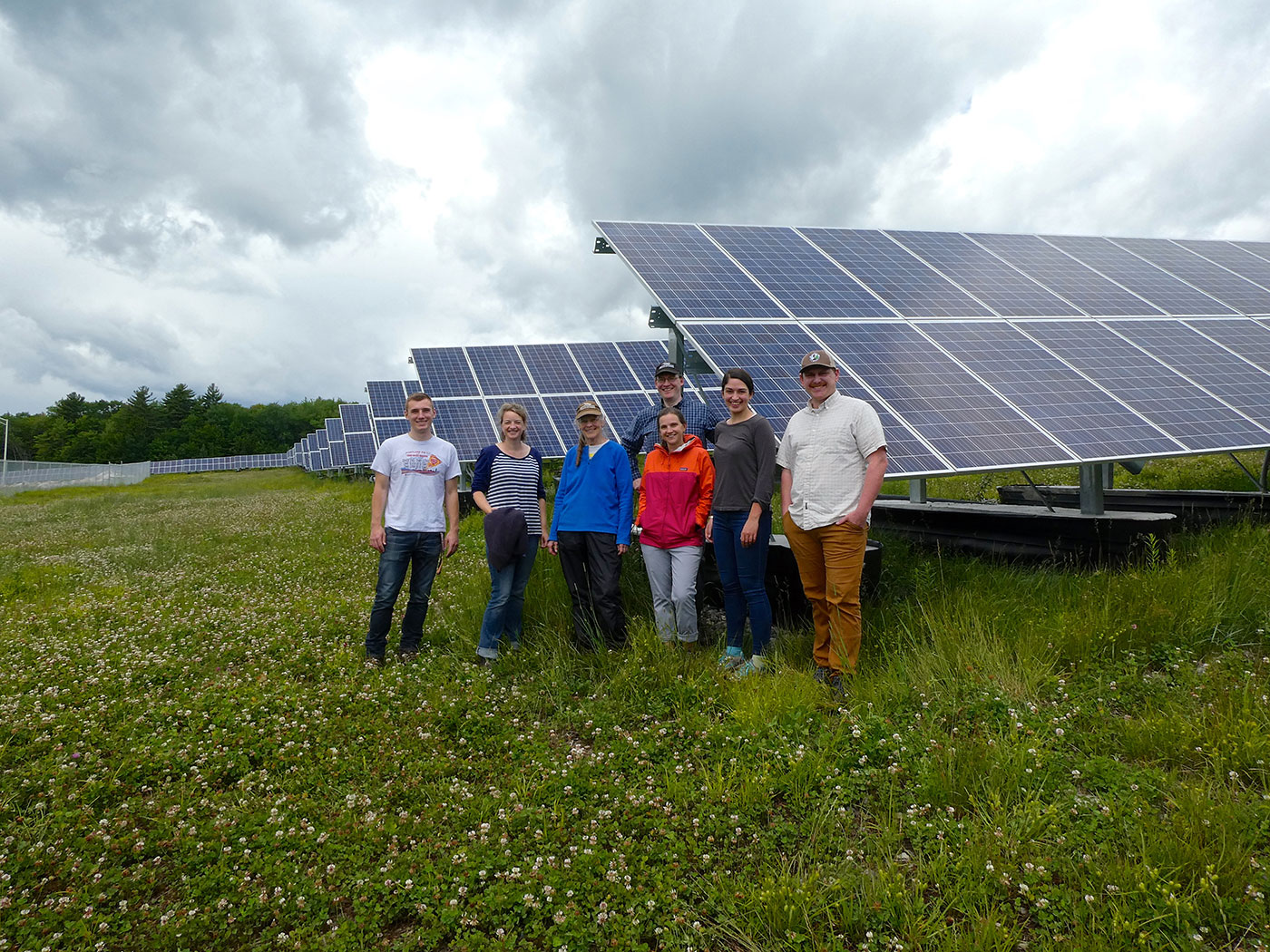Firefly Illuminating Wood Anemone Wildflower – see more beautiful images at The Firefly Experience “IN HER FLOWY NIGHTGOWN AND BARE FEET, SHE RUSHED HEADLONG INTO THE SUMMER NIGHT TO WITNESS ONE OF THE MOST MAGICAL DISPLAYS OF NATURE – A FIELD OF FIREFLIES!” One of my most treasured memories from a childhood in Maine is watching Read More
Nature of Maine Blog
The Natural Resources Council of Maine’s “Nature of Maine” blog gives you the inside scoop on some of the latest issues facing Maine’s environment. From environmental news to threats to opportunities, NRCM is on the frontlines of the latest goings-on—and we’re often leading the charge on efforts to protect Maine’s precious lands, air, waters, and wildlife. Read what NRCM staff members have to say and get the perspective of some of our members and supporters who have been guest contributors.
Perhaps you have an issue you’d like to write about. Maybe you’re an expert on a particular topic and are inspired to share your expertise. Maybe you’ve recently made a visit to a spectacular Maine nature preserve or other natural area and would like to write about it (captioned photos welcome!). For submission guidelines, email nrcm@nrcm.org.
Yellowlegs and the Year of the Bird
The fact that we can hear the calls of yellowlegs echoing around our favorite cove here in Maine as the tide recedes on a warm, late-summer evening is thanks to the forethought and persistence of bird enthusiasts a hundred years ago. They ushered through the Migratory Bird Treaty, and then the legislation to enact it in the Read More
Meet the New EPA Boss, Same as the Old Boss
Scott Pruitt’s resignation from the Environmental Protection Agency (EPA) last week is unquestionably a win for our health and environment. Ethical pitfalls aside, Pruitt pursued an agenda that explicitly favored polluting industries over environmental protections, undermining the core mission of the EPA. However, even with Pruitt’s departure, there are no halcyon days to come. Let’s Read More
Forests are Forever Homes for Wildlife
I’ve been writing a lot about gardens and pollinators lately, but my roots are really in the woods. I was raised in Maine and have studied wildlife in forest environments for decades. My love of the woods is also in my blood. I come from a long line of forest dwellers. My great-grandfather (aptly named Read More
Bright Spots
Good environmental news at the federal level has been scarce, but it does happen occasionally. The resignation of the Environmental Protection Agency (EPA) chief Scott Pruitt is welcomed news. The crushing weight of Pruitt’s ethics scandals aside, Pruitt’s close ties with polluting industries and his failure to support existing laws like the Clean Air Act Read More
Maine Middle School Students Spend Year on Projects to Learn about Local Environments
Students and teachers from eight middle schools throughout the state have spent the last half of the academic year working on projects funded through the Natural Resources Council of Maine to better understand their environment. Through these projects, students learned the importance of healthy waters, forests and wildlife, sustainability, and climate and clean energy, and Read More
Project at Athens Community School Will Pay Dividends in Years to Come
The school year may be over at Athens Community School, but students’ adventures in wildlife observation are just beginning! The gains made by students to establish their observation project this year will pay dividends for years to come. By the conclusion of the school year, students had mounted the birdhouses they built with assistance from Read More
Findings from the Alford Lake Survey by Hope Elementary Students
In May, the Hope Elementary School 7th graders conducted the fieldwork portion for their project funded by the Natural Resources Council of Maine. The students were extremely excited to finally get out into the field to survey Alford Lake for their investigation into aquatic invasive species. On this day we had special assistance from several parent Read More
Solar Energy is Looking Up in Madison, Maine
I’ve seen plenty of solar panels before. Several years ago, my hometown of Cherry Hill, New Jersey, installed panels no bigger than cafeteria trays on every streetlight in town. My high school had a spattering of panels on the math building’s roof. At Bowdoin College, where I’ll be a junior in the fall, there are Read More








